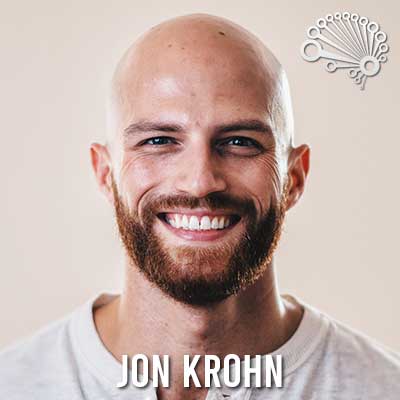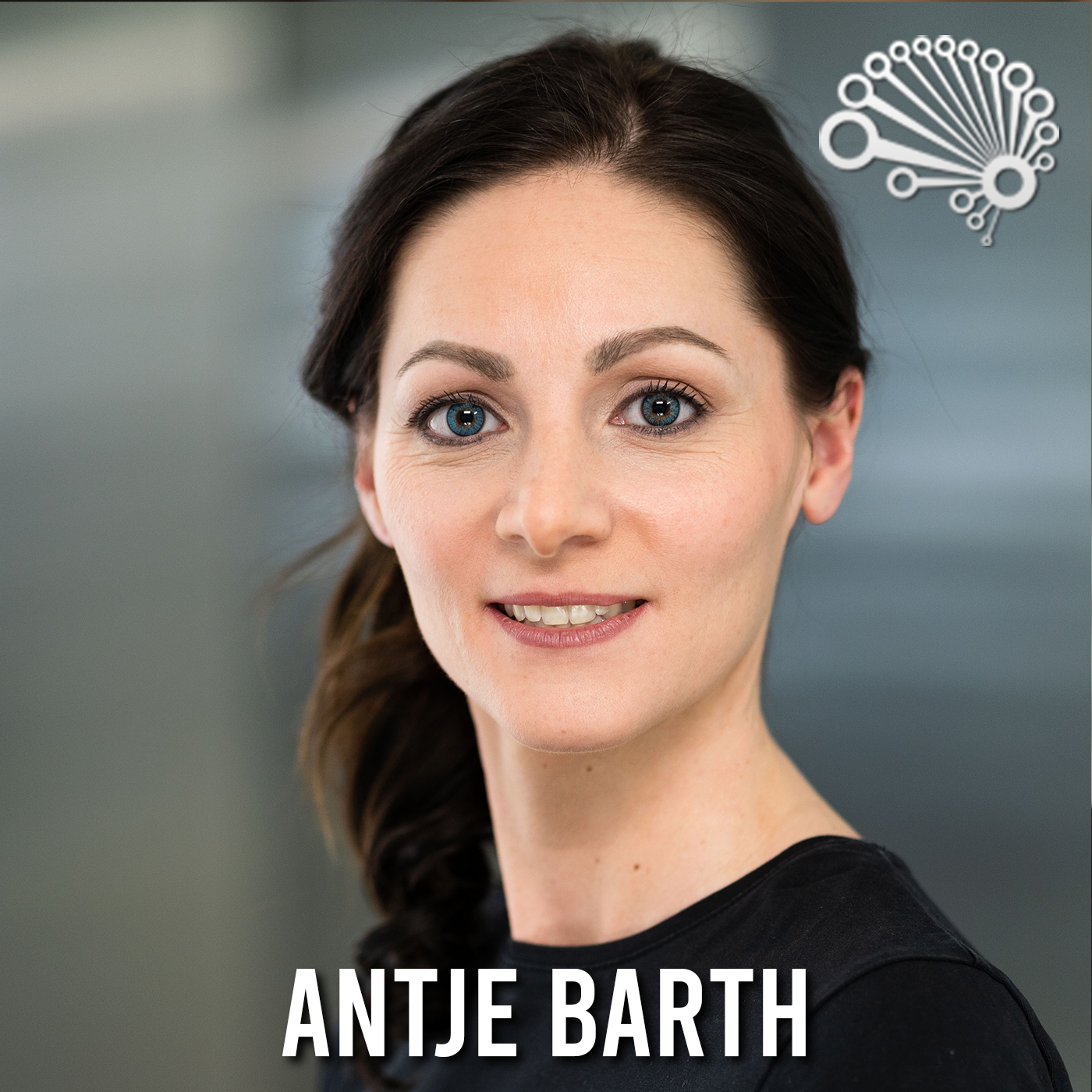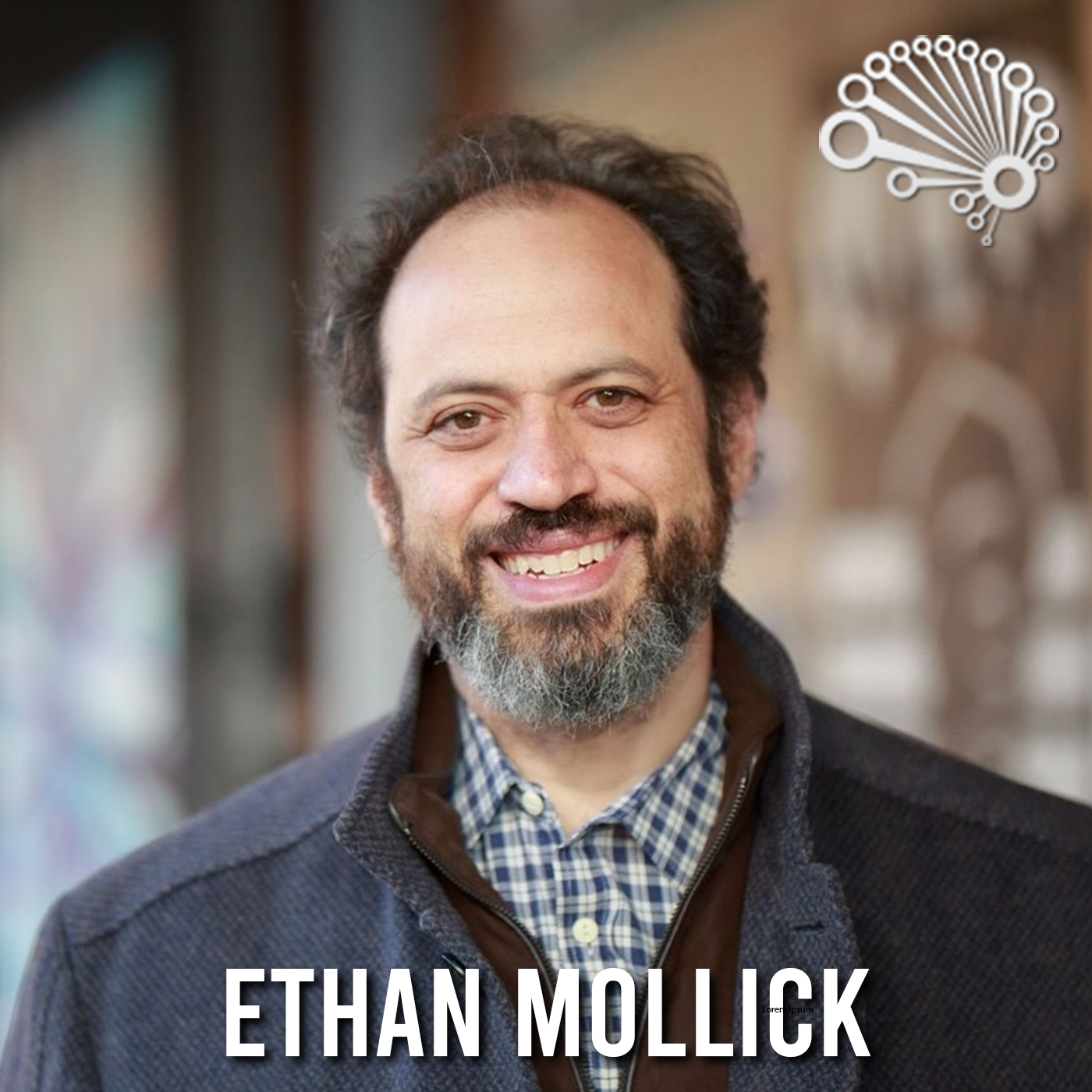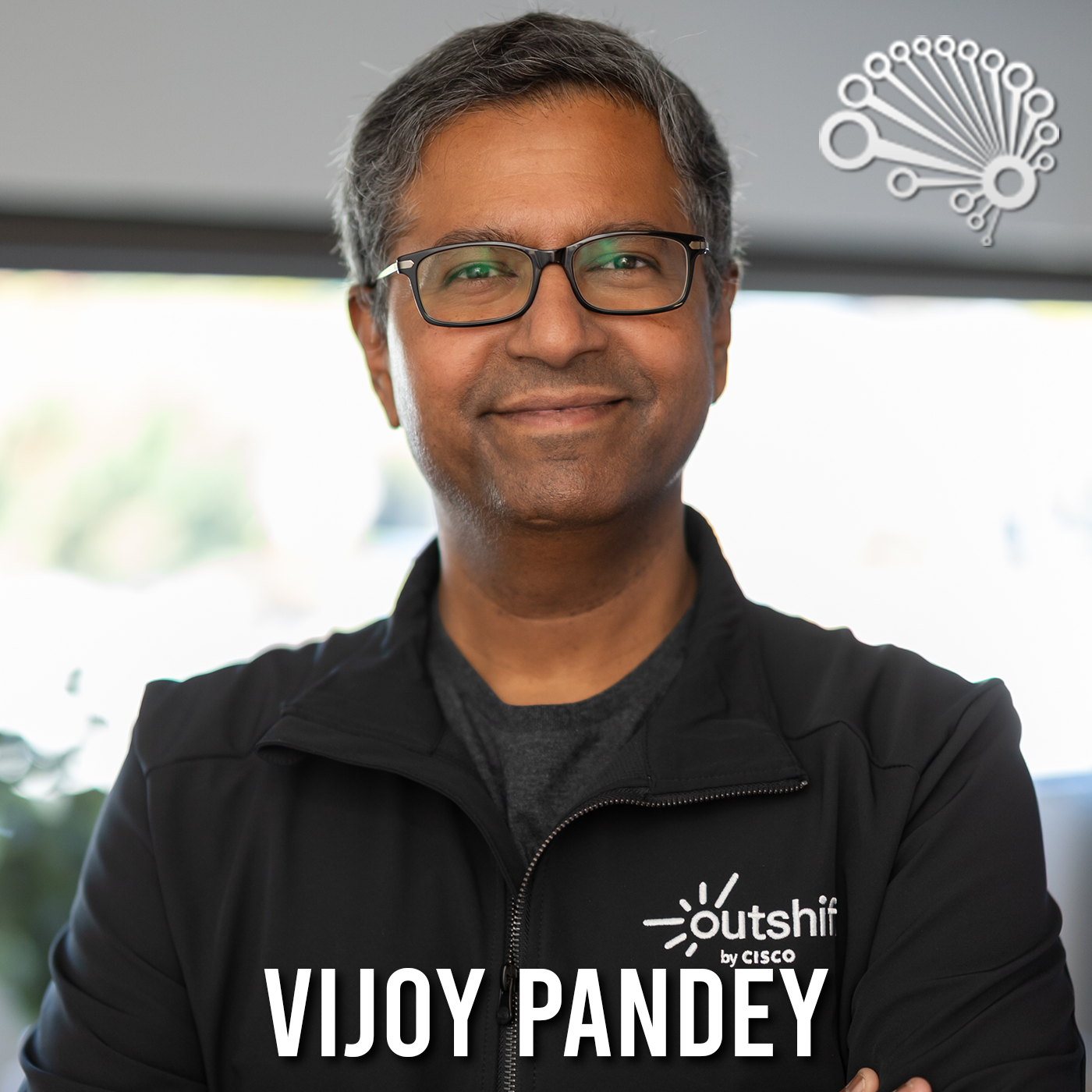(00:05):
This is Five-Minute Friday on the requirements for expertise development, beyond the well-known “10,000 Hours”
(00:19):
The author Malcolm Gladwell popularized the idea that it takes 10,000 hours of practice to become an expert at something, whether it be chess, piano, tennis, statistics, or software development. The problem with this notion, this 10,000 hours notion, is that it can actually be easy to spend 10,000 hours or even multiples of 10,000 hours on some activities without developing any expertise. The reason is that some activities have characteristics that render them impossible to become expert at them. And then, even for some activities that we could become expert at, we may not approach learning these activities correctly and so much of our time spent on the activities is more like treading water than improving. In all, there are four specific requirements to become an expert and I’ll lead you through them in today’s episode.
(01:13):
First of, the learning must take place in what’s called a valid environment. That is, the activity must be capable of providing meaningful feedback to you — there must be signal, not just random noise. And the more signal, the better. For example, you could spend 10,000 hours rolling dice and studying the results of your rolls diligently but you would be no better at predicting the outcome of a roll of the dice after one minute of practice than after 10,000 hours of practice. Dice rolls are completely random so there is nothing to become expert at. Other environments can be very close to random even if they aren’t completely random — this includes activities like picking individual stocks or cryptocurrencies — such that becoming an expert might be impossible on this kinds of activities anyway because they are so close to being random. Indeed, in situations like those, you might just delude yourself into seeing patterns when in fact you’re observing randomness and so you might become worse at picking stocks or picking cryptocurrencies the more you practice these activities.
(02:19):
All right, so once you’ve identified a valid environment — chess, piano, tennis, stats, and software development are example of activities that fit the bill of a valid environment as they have abundant signal relative to random noise — so once you have a valid environment like that, the second of four requirements for expertise is repeated attempts, with feedback. Great examples of getting feedback from repeated attempts include working through the exercises in a statistics textbook or solving programming problems in an interactive online platform. In either of these scenarios, you can check that you have the correct answer and learn from your mistake if you got the answer wrong. A counterexample of a scenario where it’s difficult to obtain repeated events with feedback is political punditry: Because elections are rare — typically occurring only every couple of years in a given region — there is little opportunity to become an actual expert election picker. The so-called “expert” political pundits that are out there on average perform worse than chance. And I’ve got a link you can read in the show notes to read more about that.
(03:23):
In addition to being able to make repeated attempts with feedback, the third requirement for developing expertise is that the feedback must be timely. If you shoot basketballs at a hoop, you know immediately whether you made the shot or not. If you do a math problem in a textbook, you can check immediately if you worked out the correct solution or not. Such rapid-feedback scenarios enable clear expertise development. In contrast, if you’re trying to become an expert at picking the correct candidate for a job opening you have, good luck: It could be months or years after you make the candidate an offer that you’ll know whether they are actually a good fit for the role.
(04:01):
And then finally, if you are learning in a valid environment and getting timely feedback from repeated attempts, you still may not develop expertise through 10,000 hours of practice. The reason is the fourth and final requirement for expertise development: that practice must be deliberate. To conjure up a simple example, if you only were to practice primary school arithmetic problems for 10,000 hours, you do not become a math expert. You need to deliberately strengthen your weaknesses then with increasingly challenging tasks, cleverly further strengthen your existing strengths. Domain-specific instructors or coaches can guide you on this deliberate journey practice. Depending on the domain, developing expertise may require things like deep work, structured exercises, studying historical examples, and/or studying the underlying theory. The reason why this fourth and final requirement for developing expertise is so tricky is that it requires you to be constantly putting in effort to improve — you can’t coast… and, unfortunately, humans tend to love to stay in their comfort zone!
(05:13):
So, if you are one of those sickos, and I suspect we do have many of them listening to this Data Science Podcast, who’s all right being uncomfortable and pushing themselves to practice deliberately in a valid environment with repeated, timely feedback, through many thousands of hours of practice, you can develop bona fide expertise. Whatever you’d like to become expert at, I hope today’s episode helps you frame how to succeed at that.
(05:39):
That’s it for today’s episode, keep on rockin’ it out there, folks, and I’m looking forward to enjoying another round of the SuperDataScience podcast with you very soon.



